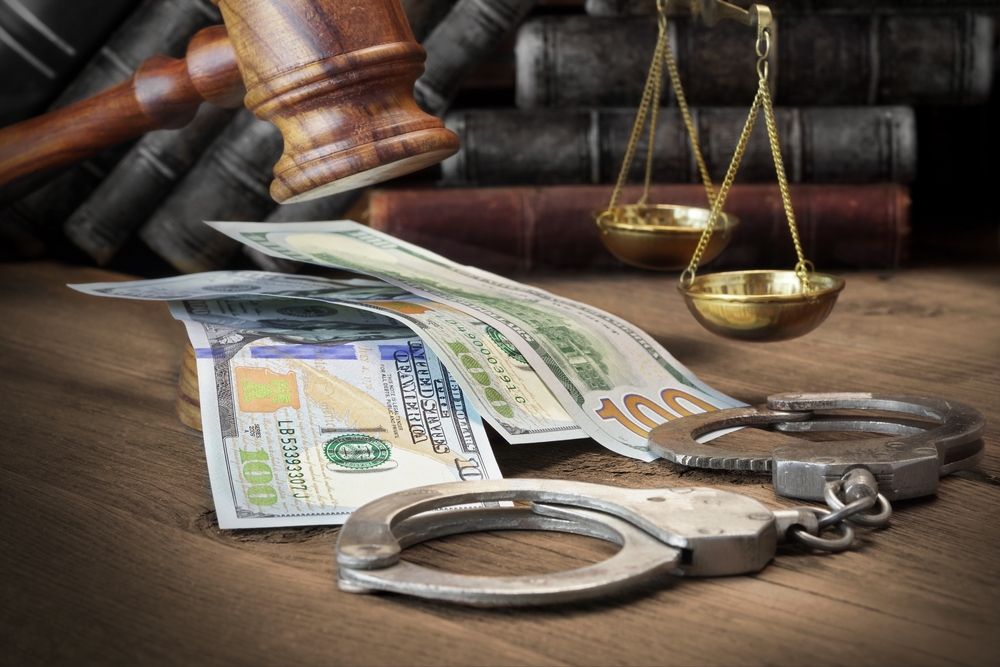
The Bankruptcy Court relies on the information that you provide them during bankruptcy. Your filings are supposed to provide a true and accurate picture of your finances at the time you file for bankruptcy. You must fully and accurately disclose your assets on your bankruptcy filing.
Bankruptcy fraud is when you knowingly file incorrect information with the court. This fraud can take on the following forms:
- Knowingly making an affirmative misrepresentation on your filings
- Failing to disclose certain material information about your finances (failure to disclose is every bit as serious and an outright lie)
You may also commit bankruptcy fraud if you attempt to hide assets in your name. Some people try to give assets to others to shield them from having to surrender them in Chapter 7 bankruptcy. This transfer is known as a fraudulent conveyance, and it will be disallowed by the court.
There are a number of penalties for bankruptcy fraud. Besides placing your application in jeopardy with the court, it could also lead to criminal charges. Many people have gone to jail for misconduct during the bankruptcy process.
Note that there is a difference between fraud and a mistake. In order to be charged with and convicted of fraud, you would need to have knowing intent to break the law. If your failure to disclose or misstatement is an innocent mistake, you would not have committed fraud. However, trying to handle your bankruptcy petition on your own could set you up to face potential penalties if you do something wrong.
Contact a Memphis Bankruptcy Attorney Today
Hurst Law Firm, P.A. can handle your bankruptcy filings for you to ensure that you follow bankruptcy laws to the letter. To schedule an appointment, you can call us today at 901.725.1000 or send us a message online.


